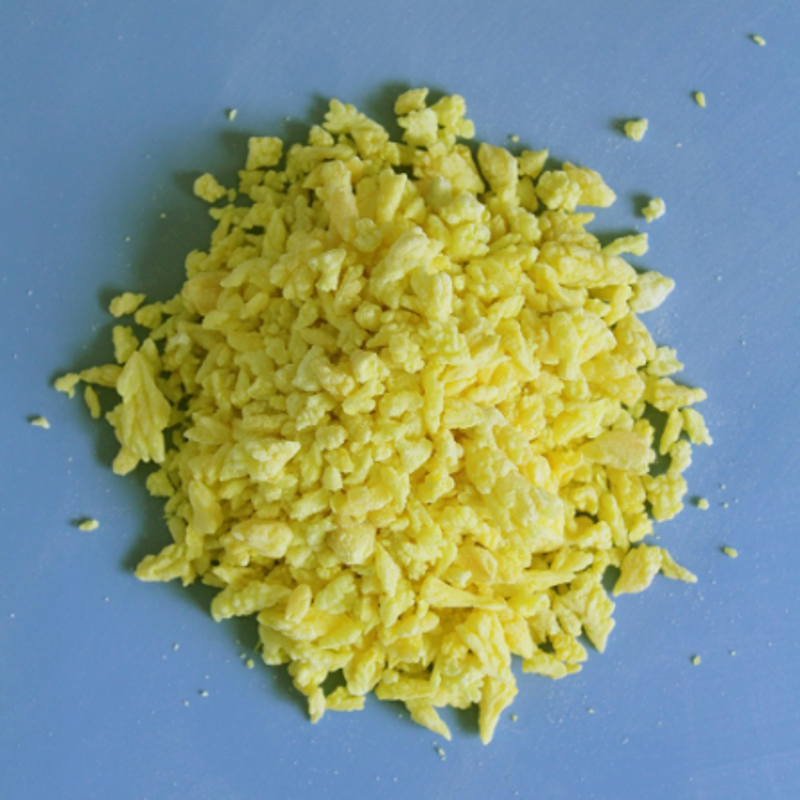-
Categories
-
Pharmaceutical Intermediates
-
Active Pharmaceutical Ingredients
-
Food Additives
- Industrial Coatings
- Agrochemicals
- Dyes and Pigments
- Surfactant
- Flavors and Fragrances
- Chemical Reagents
- Catalyst and Auxiliary
- Natural Products
- Inorganic Chemistry
-
Organic Chemistry
-
Biochemical Engineering
- Analytical Chemistry
-
Cosmetic Ingredient
- Water Treatment Chemical
-
Pharmaceutical Intermediates
Promotion
ECHEMI Mall
Wholesale
Weekly Price
Exhibition
News
-
Trade Service
With economic development and improvement of living standards, obesity has become a major public health problem worldwide
To reduce the health effects of sugar and the effects of obesity, more and more people are consuming human co-sweeteners instead of normal sugars (sugar substitutes).
However, do these artificial sweeteners have any effect on the human body? Are they really healthy?
On August 19, 2022, researchers from the Weizmann Institute of Science published a research paper entitled: Personalized microbiome-driven effects of non-nutritive sweeteners on human glucose tolerance in the top international academic journal Cell
The study confirms that artificial sweeteners (sugar substitutes), long considered healthy and widely used, are not inert in the human body and can significantly affect the human gut microbiome, thereby altering the body's blood sugar levels
Back in 2014, Eran Elinav's team at the Weizmann Institute of Science discovered that non-nutritive artificial sweeteners affect the gut microbiome of mice, thereby affecting their blood sugar responses
To address this important question, the research team carefully screened more than 1,300 people who strictly avoided the use of artificial sweeteners in their daily lives, and identified 120 people for follow-up experiments
Eran Elinav, the paper's co-corresponding author, said that in participants who consumed artificial sweeteners, very clear changes in their gut microbial composition and function, as well as molecules secreted into peripheral blood, could be easily observed
To determine causality between these changes, the research team transplanted the gut microbiomes of these human participants into germ-free mice, which had been previously raised in a completely germ-free environment and had no microbiomes of their own
The results of the experiment were quite surprising.
The research team said that the effects of these artificial sweeteners in humans may vary from person to person, after all, everyone's gut microbiome is highly heterogeneous
Eran Elinav said: extra sugar is very harmful to human metabolism, we need to continue to find ways to solve human cravings for sweets while avoiding sugar
Original source:
Jotham Suez, et al.







